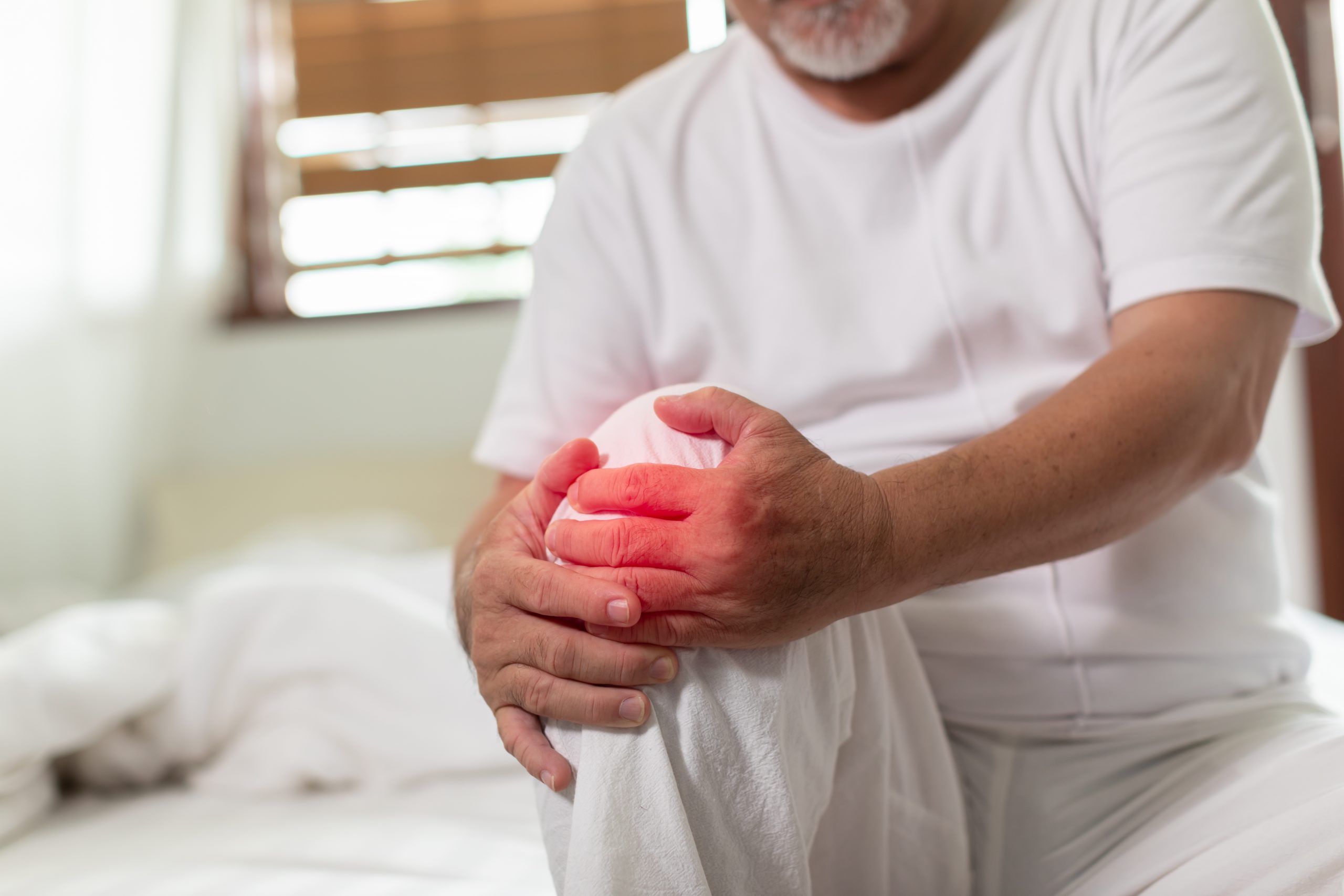Gout is a type of arthritis and occurs when uric acid accumulates in the blood and causes inflammation in the joints. If the serum urate concentration exceeds the physiological saturation zone (around 7.6 mg/dl (milligrams per decilitre)), monosodium urate crystals originate and are stored in the cartilage and periarticular tissues of the peripheral joints.
From a clinical point of view, the continued deposit is silent and almost 10% of patients develop hyperuricaemia, which will lead to clinical gout. Acute gout, on the other hand, is a very painful condition affecting only one joint. Chronic gout is repetitive episodes of pain and inflammation, in which more than one joint may be affected.
With early diagnosis, treatment and lifestyle changes, gout is one of the most manageable forms of arthritis. Check this channel to know about all the best home remedies for gout: Gout Home Remedies.
Who can get gout?
Many people can get gout:
Men are more likely to get gout than women.
The disease often occurs in middle-aged people, although women usually do not get gout before the menopause.
Younger people rarely develop the disease, but if they do it tends to be more severe.
If the disease is diagnosed at the onset of symptoms, most sufferers can lead a normal life if they follow the treatment correctly. For other people of advanced age, lowering blood uric acid levels can lead to the disappearance of tophi and functional improvement of the joints. In general, gout is more severe if the first symptoms appear before the age of 30. Metabolic syndrome and heart disease contribute to premature death in gout patients. In some cases treatments are not effective with patients, and reasons for this include lack of follow-up treatment, low drug doses and alcoholism.
What causes gout?
Gout occurs when a substance in the body called urate builds up and forms needle-like crystals in the joints. This causes: pain, swelling, redness, changes in the way you move and use the affected joint.
The following factors can increase the likelihood of developing gout:
- Having high urate concentrations, although not everyone who has them develops gout.
- Having a family history of gout.
- Being older.
- Drinking alcohol.
- Eating foods rich in purines (mostly of animal origin), a substance that breaks down into urate.
- Drinking beverages containing high-fructose corn syrup, such as carbonated soft drinks.
- Certain health conditions, such as being overweight or obese, high blood pressure and chronic kidney disease.
- Taking certain medications.
What are the symptoms of gout?
The most common symptom is pain in the affected joint, such as the big toe. Often, gout attacks start suddenly during the night and the pain is so severe that it can wake you up. In addition, the joint may be swollen, red, hot and stiff. Read here for more information: Gout Symptoms.
Gout attacks usually occur in one joint. The following factors may induce them: certain foods, alcohol, certain medications, physical trauma, certain illnesses.
Attacks usually improve in one to two weeks. Often, there are no symptoms between attacks. Some people may have frequent attacks, while others may not have another attack for years. However, over time, if left untreated, attacks may become longer and occur more frequently.
Some people with gout may be more likely to have other conditions or complications, especially with the heart and kidneys.
What is the best way to treat Gout?
On 24go platform you can find many home remedies for gout (and other diseases) that will help you in a natural and safe way: Gout Remedy.
Directly on the shop you find the product that have showed the best results: Gout Medication. It’s natural and 100% vegan.
